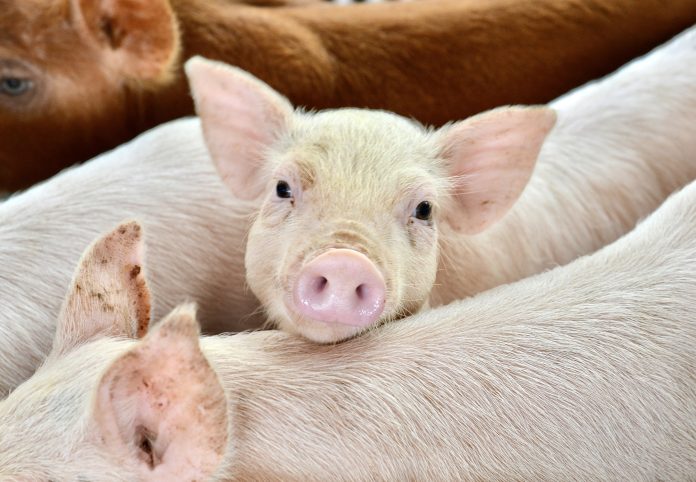You can help all animals and our planet by choosing compassion on your plate and in your glass. #GoVeg
RELATED ARTICLES
South Africa’s Big Cat Industry: A Global Trade Of Extreme Cruelty & Exploitation
South Africa is the world’s leading exporter of big cats and their body parts, with over 3,500 live animals and 34,000 body parts exported...
Victory For Dolphins! Belgium To Become 7th Country To Enact Permanent Ban On Dolphinariums
In a major victory for animal welfare, Flemish Minister for Animal Welfare, Ben Weyts, announced this week that Flanders, Belgium, will implement a permanent...
Peace 4 Animals’ Debuts Gripping Trailer To Their Latest Documentary ‘Protectors of the Wild’
We are excited to unveil the trailer for Peace 4 Animals’ upcoming documentary, Protectors of the Wild. This powerful film aims to raise critical...
Popular stories
Breaking News
Saving The Vaquita: A Race Against Extinction, Only Six-Eight Remain In The World
Illustration by: Frédérique Lucas
The Mexican government announced last week that only an estimated six to eight critically endangered vaquitas may remain in the Sea...
News
22 Captive-Born Mexican Wolf Pups Are Released Into The Wild To Be Raised By Surrogate Parents In Order To Save Their Species From Extinction
A record 22 captive-born Mexican wolf pups were placed into wild dens to be raised in the wild by their surrogate parents after another...
News
Conservation Groups File A New Lawsuit Aiming To Protect Grizzly Bears From Cattle Ranchers In Montana’s Paradise Valley
Nine conservation organizations filed a lawsuit yesterday to challenge the U.S. Forest Service’s 2021 decision to authorize expanded livestock grazing on six allotments on the...



